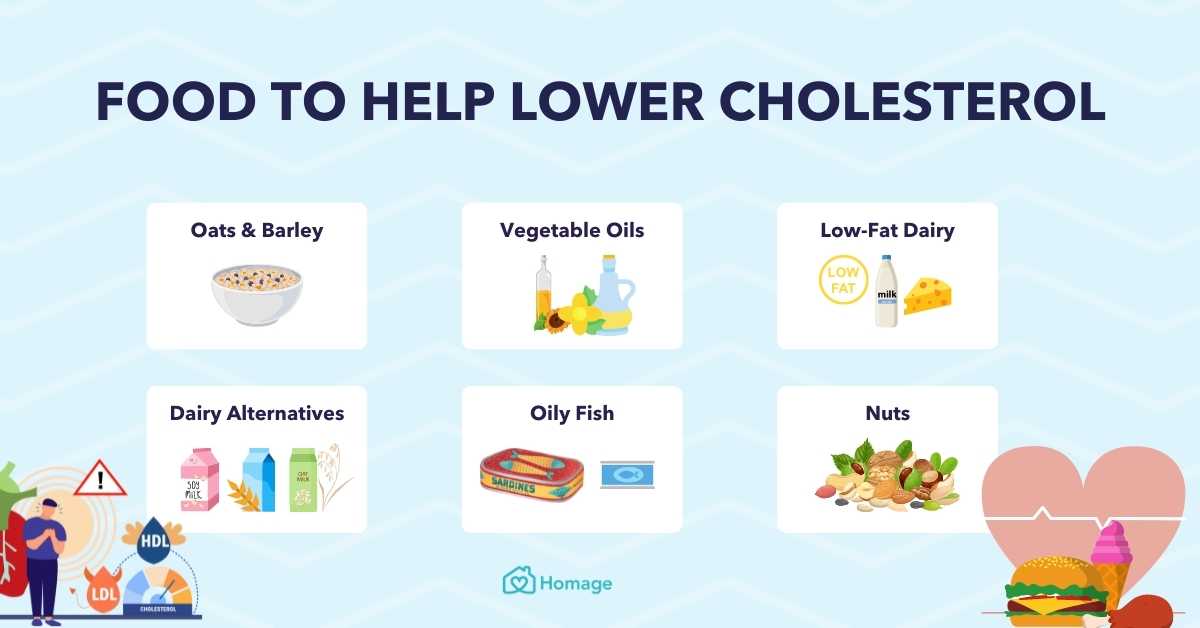
Exploring Dietary Cholesterol: Sources, Impact on Blood Cholesterol Levels, and Health Considerations
Cholesterol, a waxy substance found in every cell of the body, serves as a building block for various crucial components such as cell membranes and hormones. While the body produces its own cholesterol, diet also contributes to overall cholesterol levels. In this comprehensive article, we delve into the primary sources of dietary cholesterol, explore how dietary choices influence blood cholesterol levels, and discuss the broader health implications.
Understanding Dietary Cholesterol
Dietary cholesterol refers to the cholesterol found in food, particularly animal-based products. Unlike the cholesterol circulating in the bloodstream, dietary cholesterol is absorbed in the digestive tract and can impact blood cholesterol levels.
Primary Sources of Dietary Cholesterol
The primary dietary sources of cholesterol include:
1. Animal Products
Animal-based foods are the most significant sources of dietary cholesterol. These include:
- Eggs: Egg yolks are especially high in cholesterol. One large egg can contain around 186 milligrams of cholesterol.
- Meat: Red meat, particularly organ meats like liver, and processed meats like sausages and bacon, are rich in cholesterol.
- Dairy: Full-fat dairy products such as cheese, butter, and whole milk contain cholesterol.
2. Seafood
Some seafood, such as shrimp, crab, and lobster, also contain cholesterol, although their overall impact on blood cholesterol levels may be less significant compared to other sources due to their favorable fat profile.
Dietary Choices and Blood Cholesterol Levels
The relationship between dietary choices and blood cholesterol levels is complex and can vary from person to person. While dietary cholesterol contributes to blood cholesterol levels, other factors play a more significant role:
1. Saturated and Trans Fats
Saturated and trans fats have a more profound impact on raising blood cholesterol levels than dietary cholesterol itself. Foods high in these unhealthy fats include fried foods, baked goods, and some margarines.
2. Impact of Unsaturated Fats
Consuming foods rich in unsaturated fats, such as avocados, nuts, seeds, and olive oil, can help mitigate the adverse effects of dietary cholesterol and saturated fats on blood cholesterol levels.
3. Dietary Fiber
Foods high in dietary fiber, such as fruits, vegetables, whole grains, and legumes, can lower cholesterol levels by reducing the absorption of cholesterol in the digestive tract.
4. Genetic Factors
Genetics also influence how dietary cholesterol affects blood cholesterol levels. Some individuals are more sensitive to dietary cholesterol intake, while others are not as affected.
Health Considerations
The relationship between dietary cholesterol and heart health has evolved over time:
1. Previous Beliefs
Historically, dietary cholesterol was heavily implicated in raising blood cholesterol levels and contributing to heart disease. As a result, dietary guidelines recommended limiting cholesterol intake.
2. Updated Guidelines
Recent research has led to a more nuanced understanding. While dietary cholesterol does impact blood cholesterol levels, the overall impact on heart health is less straightforward. Current dietary guidelines from organizations like the American Heart Association emphasize reducing saturated and trans fats as more critical factors in reducing heart disease risk.
3. Moderation
Moderation remains a key principle. While dietary cholesterol from sources like eggs may not have as significant an impact on cholesterol levels as previously believed, consuming them in moderation and as part of a balanced diet is recommended.
4. Individualized Approach
Individual responses to dietary cholesterol vary. Some individuals may be more sensitive to dietary cholesterol intake, requiring greater attention to cholesterol-rich foods.
Conclusion
Dietary cholesterol, primarily derived from animal-based sources, can influence blood cholesterol levels. However, the relationship between dietary cholesterol and heart health is now understood to be more complex, with factors such as saturated and trans fats playing a more significant role. Dietary choices, including consuming unsaturated fats, dietary fiber, and adopting a balanced diet, are crucial for managing blood cholesterol levels and promoting heart health. As research continues to evolve, it’s important to make informed dietary decisions based on individual health considerations and overall well-being.



